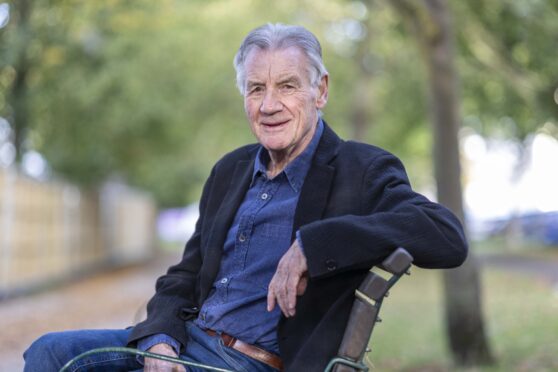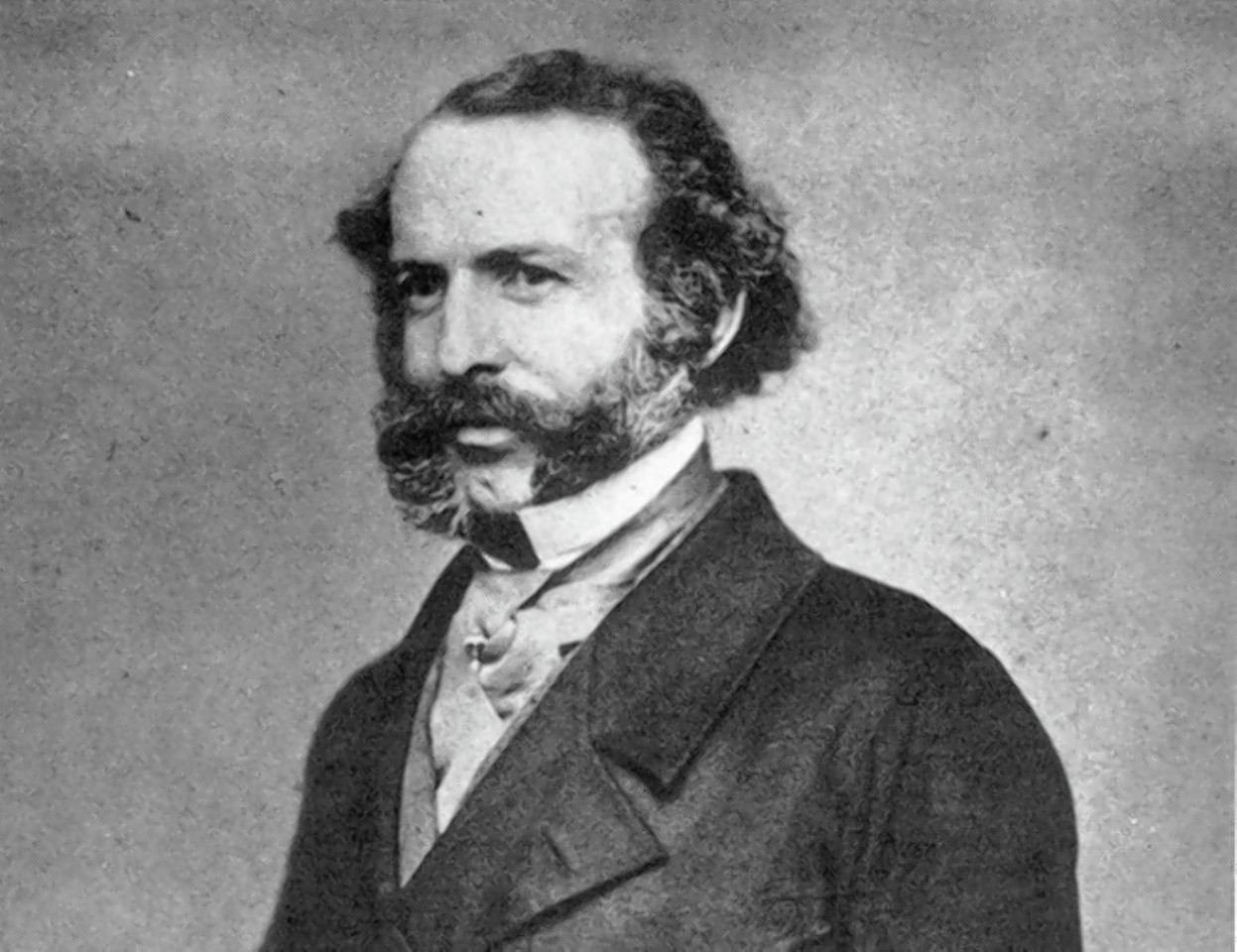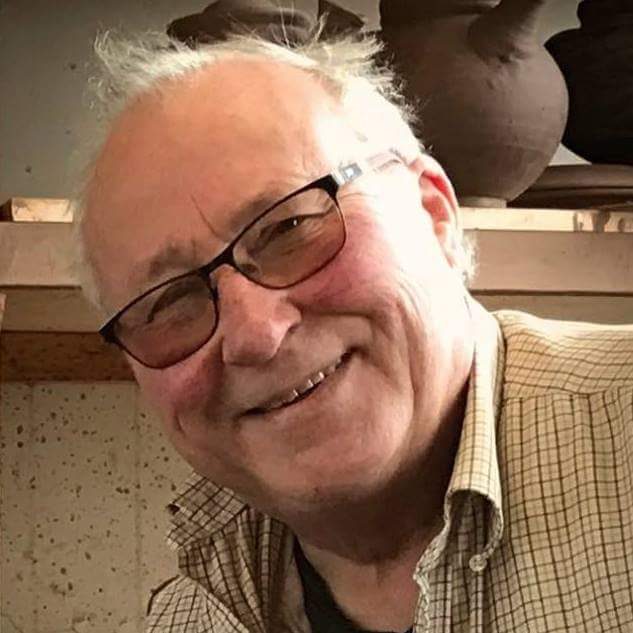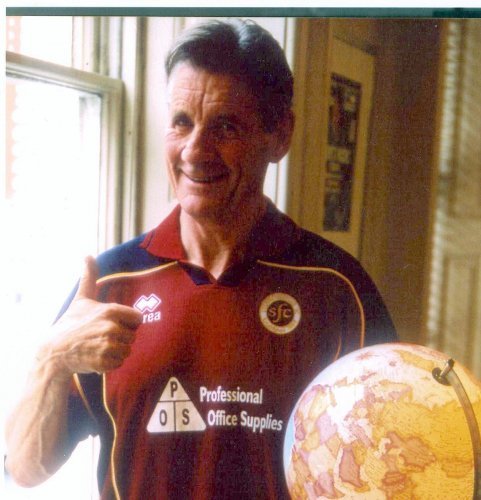Sir Michael Palin is a champion of Orkney-born explorer Dr John Rae – and is even patron of a society dedicated to his memory.
When discussing him, he uttered a phrase which offered a glimpse into why Palin is so widely respected across both the entertainment and education sectors.
We were talking about the life of the remarkable Orkney-born scientist and explorer, Dr John Rae, who discovered the final portion of the Northwest Passage in Canada in 1854 and unearthed the gruesome fate of Sir John Franklin’s ill-fated polar expedition in 1845, which led to the death of 129 men, including Franklin himself, which became the focus of Ridley Scott’s acclaimed TV drama The Terror.
Victorians didn’t want the truth
Sadly, at least during his lifetime, the Scot’s controversial conclusion – which has since been validated – that several crew members had resorted to cannibalism shocked Victorian sensibilities and led to a furious rebuttal from Charles Dickens.
He was cast into the shadows and almost airbrushed out of history, but Palin, who wrote a majestic book, Erebus, about the history of the vessel which accompanied Terror almost 180 years ago, has nothing but admiration for Rae.
And, as he told me: “It wasn’t fair, he got a bum rap, and yet he was right.”
The three most important words in that statement are “It isn’t fair”, because Palin is one of those redoubtable characters who has a genuine belief in looking for the best in people; a quality which has ensured that, without being self-promoting or prima-donnaish, his career includes everything from Monty Python’s Flying Circus and Ripping Yarns to A Fish Called Wanda and, more recently, the Death of Stalin.
Then, there are his travel documentaries, bolstered by his determination to journey round the globe and both present TV programmes and write books about his findings.
He’s patron of the John Rae Society
At 81, there’s no sense of him slowing down. It’s quite the contrary, on the evidence of his most recent series, Nigeria, where he met one young woman trying to rebuild her life after being kidnapped by Boko Haram; and another who castigated him for the evils of British colonialism in Africa as if the responsibility for those lay on Palin’s shoulders.
But it wasn’t edited out and that’s a reflection of how this fellow aims to avoid glossing over unpalatable realities. And it explains why he is not only the patron of the John Rae Society, but a whole-hearted champion of the pioneering Scot.
He told me: ” I think the first thing that drew me to the story was the fact that Rae suffered an injustice and was sidelined by the establishment for telling the truth.
“He was an experienced explorer and he had built up good contacts with the Inuit, so he knew what he had found when he sent his report back to the Admiralty. But this was a time when nobody wanted to talk about such things as cannibalism and Lady Franklin was horrified by what she heard, then Dickens wrote about it on her behalf.
The Scot was a modern man
“And, as I’ve said already, it wasn’t fair. Rae was a modern man, somebody ahead of his time, and he certainly wasn’t a typical Victorian. He wanted to learn from other people and cultures and he lived his whole life by that philosophy.
“So I quickly became impressed by him, and especially compared with the arrogance which surrounded the original expedition. He is one of the great heroes of the story of Erebus and Terror, because he came back and told the truth which was hard at the time. And he was a great traveller and a great adventurer, but he was sidelined.
“That’s why I was delighted when I was asked to become patron of the John Rae Society on Orkney and I’ve been to his old home at the Hall of Clestrain, which is currently being refurbished [and will eventually be transformed into an Arctic heritage centre].
“I take my hat off to the work of the society up there in not only keeping Rae’s memory alive, but developing plans to create something which will educate future generations.
“We’re obviously living in a world where technology has made a lot of differences to people’s lives, but it’s important not to forget those who came before us. Rae was a significant person and I back anything which helps to tell his story and keep it alive.”
A love of the Highlands
Although he lives in London and maintains a busy schedule even now he has entered his ninth decade, whether on new literary projects – he will publish his diaries later this year – or boosting the efforts of a variety of charities, Palin is clearly in love with the Highlands and the brooding, mournful silence of places such as Glencoe.
He spent time in the region while filming Monty Python and the Holy Grail and formed a rapport with the multi-talented Hamish MacInnes, who climbed the Matterhorn at the age of 16 and built himself a car a year later, as the prelude to tackling Everest and becoming a stunt double for the likes of Clint Eastwood in The Eiger Sanction.
An independent-minded Highlander
Palin said: “My son is interested in climbing and we both got to know Hamish [prior to his death in 2020]. He really was a one-off and had so many strings to his bow. You meet some people who are free spirits, with independent minds, and Hamish was among their number. A brilliant climber, obviously, but there was so much more.
“He was a man who led mountain rescue teams, but also advised the directors of Monty Python and The Holy Grail how best to throw bodies into gorges. If climbing equipment wasn’t up to the job, he’d not only invent something that was, he’d build it himself.
“And here was somebody who would take infinite care inching a wounded climber down a mountainside one minute, and then, in the next, drive a high-performance car at Formula One speeds along public roads.”
As you might anticipate, he has no plans to retire and will continue to see the humour in myriad situations and remain constantly curious about what is around him.
He regards the latter quality as being “really, really important” and added: “It has been the key thing in my life – wanting to know about the world around me and the people in that world and why they think the way they think or why they are the way they are.”
He once described those he admired as inspirational eccentrics. And the description could be applied to Palin’s support for Scottish football club Stenhousemuir.
‘I watch out for their results’
He told me: “Some teams seem to struggle, but I love those who persevere, those who keep going and don’t mind if they are not top of the league all the time.
“No matter where I am, I always look out for Stenhousemuir’s results and I’m delighted to see they have had some success [they were this year’s champions of Cinch League 2].
“There was even talk of me doing a programme about them, though it never quite worked out. But I wish them well and onwards and upwards.
“And I am saying that as a Sheffield United fan!”
He recently suffered the loss of his wife of 57 years and told The Guardian: “I’d love Helen to still be here, telling me off.”
But this inquisitive, industrious lad o’pairts will keep working and lending his expertise to diverse projects for as long as he possibly can.
It’s a Ripping Yarn in its own right. And it’s not finished yet.
Five questions for Michael Palin
- What book are you reading? A Long, Long Way by Sebastian Barry.
- Who’s your hero/heroine? Spike Milligan.
- Do you speak any foreign languages? None fluently.
- What’s your favourite music or band? Lots of favourites. Among them Kate and Anna McGarrigle.
- What’s your most treasured possession? My brain.




